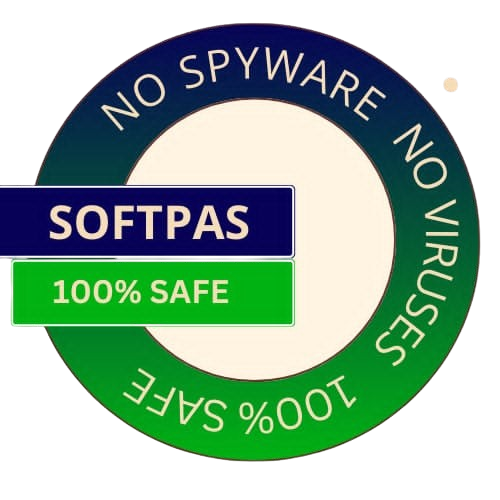
Get the best deals on your favorite games
RdaCca is a super handy application that's really easy to use. It's designed for two types of canonical analysis—redudancy analysis and canonical correspondence analysis. The cool part? It does this using multiple regression followed by direct eigenanalysis.
If you're curious about how it all works, you can find the calculation method explained in Chapter 11 of Legendre & Legendre. This program isn't just any software; it's a great learning tool. Its main goal is to show that these calculations can actually be done this way! Plus, it gives users a straightforward way to get all the eigenvectors and ordination axes from PCA or CA ordination, or from canonical analysis (RDA or CCA).
Now, don't get me wrong—RdaCca isn't meant to take the place of advanced programs like CANOCO when it comes to canonical ordination. For instance, this program doesn't do forward selection of explanatory variables or permutation tests of significance. So if you need those features, you'll want something more advanced.
The eigenanalysis in RdaCca is carried out using either a Householder procedure or singular value decomposition (SVD). And guess what? The subroutines it uses come straight from Numerical Recipes, which is pretty neat!
If you're interested in trying out RdaCca, head over to SoftPas for an easy download. You'll be amazed at how simple it makes complex analyses!
Go to the Softpas website, press the 'Downloads' button, and pick the app you want to download and install—easy and fast!

SoftPas is your platform for the latest software and technology news, reviews, and guides. Stay up to date with cutting-edge trends in tech and software development.
Subscribe to newsletter
© Copyright 2024, SoftPas, All Rights Reserved.